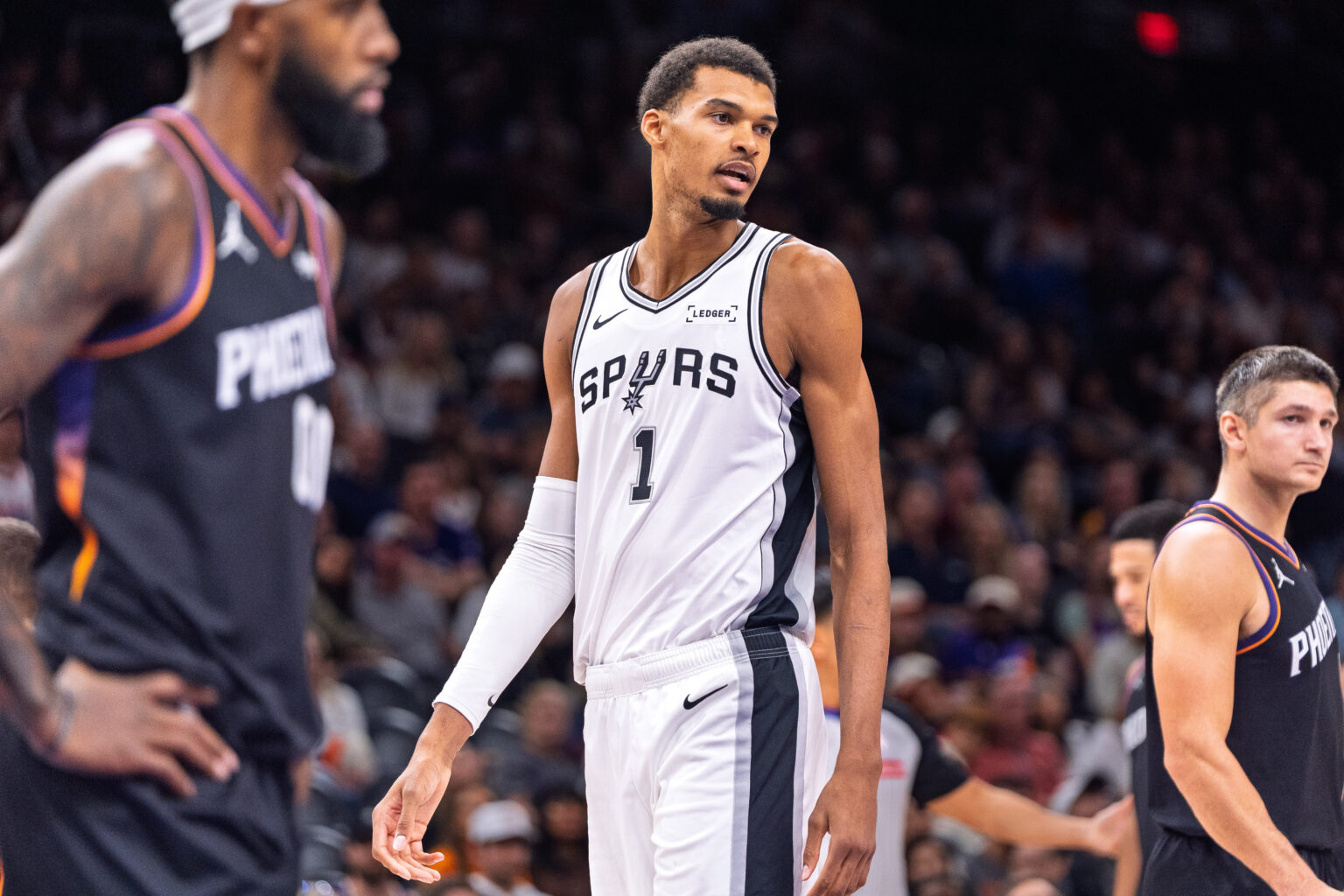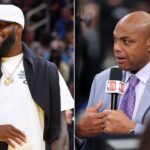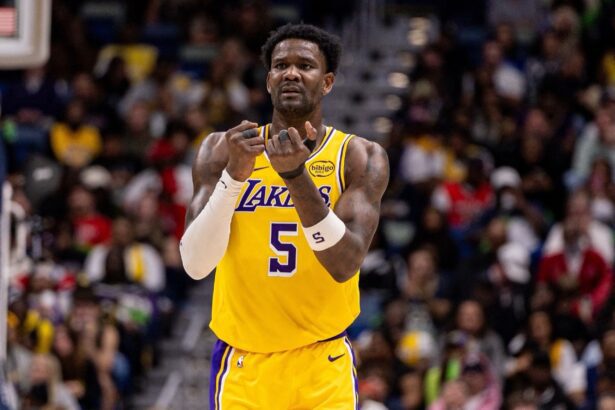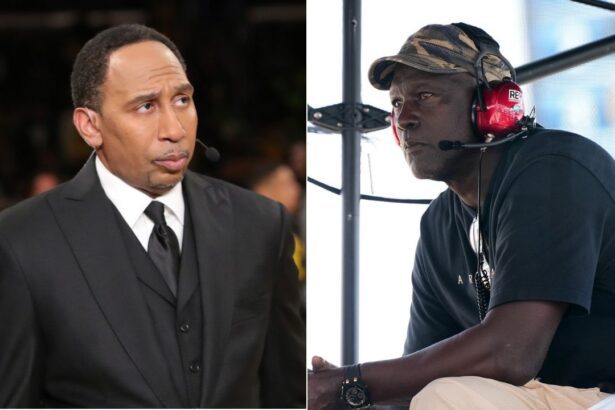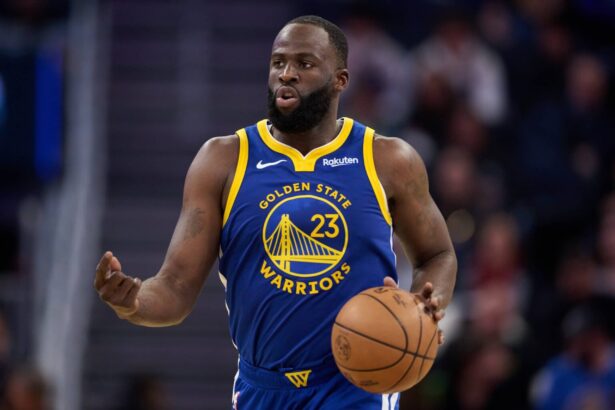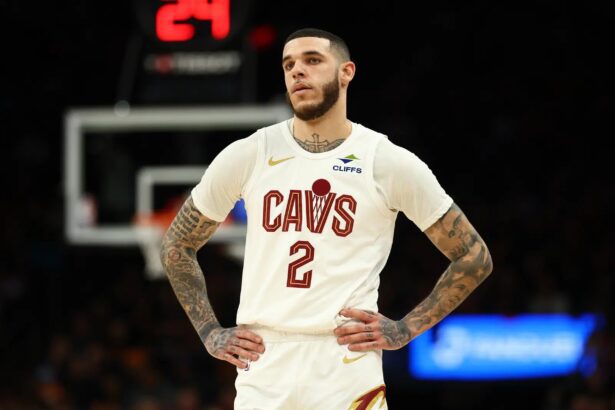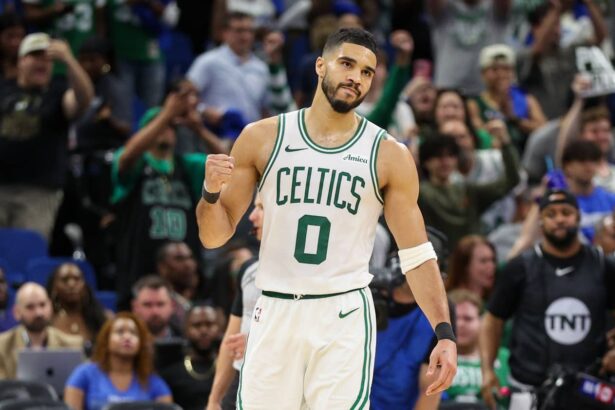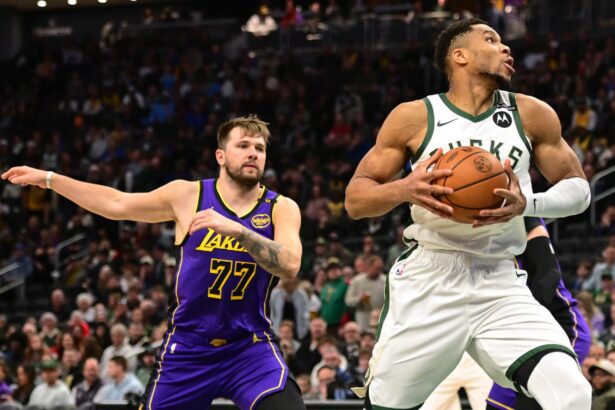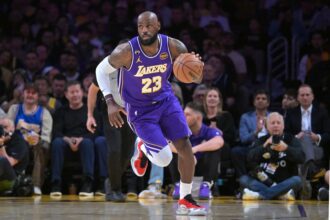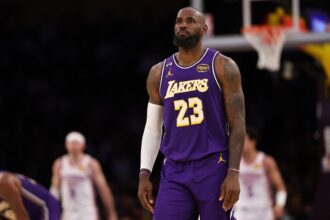The Phoenix Suns walked into San Antonio on Sunday night and handed the Spurs their first loss of the season, riding a blistering shooting display and a command performance from Devin Booker in a 130-118 win. Booker orchestrated the offense with 28 points and 13 assists.
At the same time, Phoenix drilled 14 of its first 20 threes, building a 31-point cushion and overpowering a Spurs team that saw Victor Wembanyama struggle through one of the quietest outings of his young career. San Antonio briefly threatened late, trimming a massive deficit to 14 in the fourth, but the Suns’ depth answered with an 11-0 run to seal back-to-back victories for the first time this year.
Stephon Castle kept the Spurs afloat with 26 points, and Keldon Johnson added 19 off the bench, but Wembanyama’s rare off night, nine points, nine rebounds, and six turnovers, proved too much to overcome. Let’s dive into the five major takeaways from this interesting matchup that put the Spurs’ first loss on the record.
1. A Rare Off Night From Wembanyama Tilted The Entire Game
Victor Wembanyama came into the night averaging over 30 points per game, but Phoenix forced him into one of the quietest outings of his pro career. The Suns threw a mix of physical post defenders, early help rotations, and sharp digs at the nail to disrupt his rhythm, holding him to 9 points on 4-of-14 shooting and forcing six turnovers.
It was clear from the start that the Suns were committed to shrinking his space, and San Antonio never found an effective counter to get him rolling. Without Wembanyama at his best, the Spurs struggled to get high-quality looks on a consistent basis.
His gravity normally controls defenses and fuels San Antonio’s spacing, but with that weapon largely neutralized, Phoenix dictated tempo and flow. Even with a strong showing from the supporting cast, the absence of Wembanyama’s usual production set the tone and left the Spurs fighting uphill all night.
2. Phoenix’s Shooting Barrage Decided The Night Early
From the opening tip, the Suns delivered a shooting performance that immediately flipped the pressure onto San Antonio. Phoenix hit 14 of its first 20 threes and finished the night at 57.6% from deep, a blistering pace that turned every Spurs mistake into three points the other way.
Grayson Allen and Ryan Dunn combined to shoot 8-of-13 from deep, stretching the floor so violently that San Antonio’s closeouts never caught up. The Suns’ accuracy completely shaped the game’s momentum.
With Phoenix frequently scoring in two or fewer passes, the Spurs were perpetually scrambling in transition and semi-transition, never able to force the Suns into the slower, halfcourt possessions they prefer. By the time San Antonio adjusted its coverage, Phoenix had already built the type of cushion that dictates the rest of the night.
3. Devin Booker Completely Controlled The Game
Devin Booker played like a superstar in total command, orchestrating Phoenix’s offense completely. His 28 points and 13 assists on 10-of-15 shooting were a masterclass in manipulation, as he toggled between scoring bursts and playmaking reads depending on San Antonio’s coverage.
Booker’s ability to generate advantage without over-dribbling made life easy for every shooter and big on the floor. What separated Booker in this matchup was how effortlessly he bent the Spurs’ base defense.
Whenever San Antonio shifted toward him or showed help, Booker instantly found the open man, leading to 34 team assists and one of the Suns’ most fluid offensive games of the season. His control eliminated any chance of a sustained Spurs run because every time Phoenix needed a steadying possession, Booker delivered one.
4. Spurs’ Supporting Cast Showed Fight, But The Defense Never Caught Up
Despite being run off the floor for much of the night, San Antonio’s role players kept the game competitive deep into the fourth. Stephon Castle was outstanding with 26 points, attacking gaps confidently and providing much-needed rim pressure, while Keldon Johnson’s 19 points off the bench supplied energy during their best stretch.
Their combined production helped cut a 31-point deficit to 14, giving the Spurs a small window of hope. But the Spurs’ defense never matched that offensive push, and that ultimately doomed the comeback effort. San Antonio couldn’t contain dribble penetration and struggled to rotate out to shooters; issues that Phoenix exploited over and over. Even though the Spurs dominated the paint 64-38 and won the offensive glass 16-5, their inability to string together stops kept the deficit from ever becoming truly threatening.
5. Phoenix’s Bench Swung The Game With Depth And Efficiency
While Booker led the way, Phoenix’s second unit arguably delivered the night’s defining edge, outscoring San Antonio’s bench 50-34. Collin Gillespie’s 15 points, Koby Brea’s timely shotmaking, and Jordan Goodwin’s activity helped Phoenix build on the starters’ lead and maintain momentum through every rotation shift.
The Suns never experienced the typical mid-game lull because their reserves played with confidence and discipline. San Antonio’s bench, by contrast, struggled with consistency and cohesion, creating a noticeable gap whenever the lineups featured mostly non-starters.
The Spurs couldn’t generate enough efficient offense without Castle or Johnson on the floor, and their defensive intensity dipped during those stretches. Phoenix’s depth actively extended leads, giving the Suns a complete, top-to-bottom performance.

